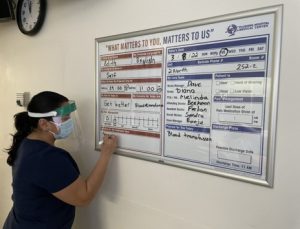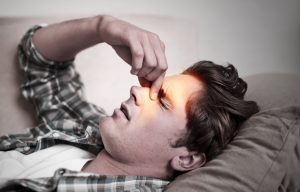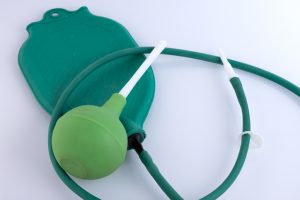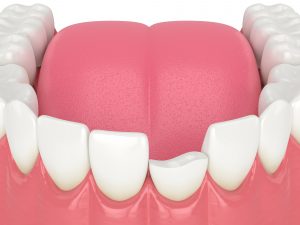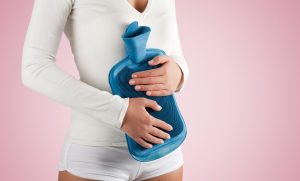 Dysmenorrhea (menstrual cramps) occurs when elevated levels of the hormone prostaglandin cause the muscles and blood vessels of the uterus to contract. This results in the mild or severe pain experienced by many women before and during their periods.
Dysmenorrhea (menstrual cramps) occurs when elevated levels of the hormone prostaglandin cause the muscles and blood vessels of the uterus to contract. This results in the mild or severe pain experienced by many women before and during their periods.
Relief from pain may be achieved by trying the following remedies:
- Applying heating pads to the lower abdomen ( Be sure to follow the instructions on the heating pad to avoid injuries)
- Taking an over-the-counter pain reliever
- Exercising ( Studies show that low to medium intensity exercises may help in reducing pain)
- Taking magnesium supplements (This mineral is believed to be effective in relieving cramps)
- Drinking water ( Dehydration can worsen to muscle cramps)
- Trying acupressure
- Trying acupuncture
- Massaging the lower abdomen
If menstrual cramps and pain persist, you should schedule a doctor’s appointment. Your healthcare provider may order or conduct tests to see if these symptoms are caused by an underlying health problem. Treatments will be recommended based on your diagnosis and may include medications or surgery.
To schedule an appointment with an OB/GYN at Flushing Hospital Medical Center, please call 718-670-8992.
All content of this newsletter is intended for general information purposes only and is not intended or implied to be a substitute for professional medical advice, diagnosis or treatment. Please consult a medical professional before adopting any of the suggestions on this page. You must never disregard professional medical advice or delay seeking medical treatment based upon any content of this newsletter. PROMPTLY CONSULT YOUR PHYSICIAN OR CALL 911 IF YOU BELIEVE YOU HAVE A MEDICAL EMERGENCY.


